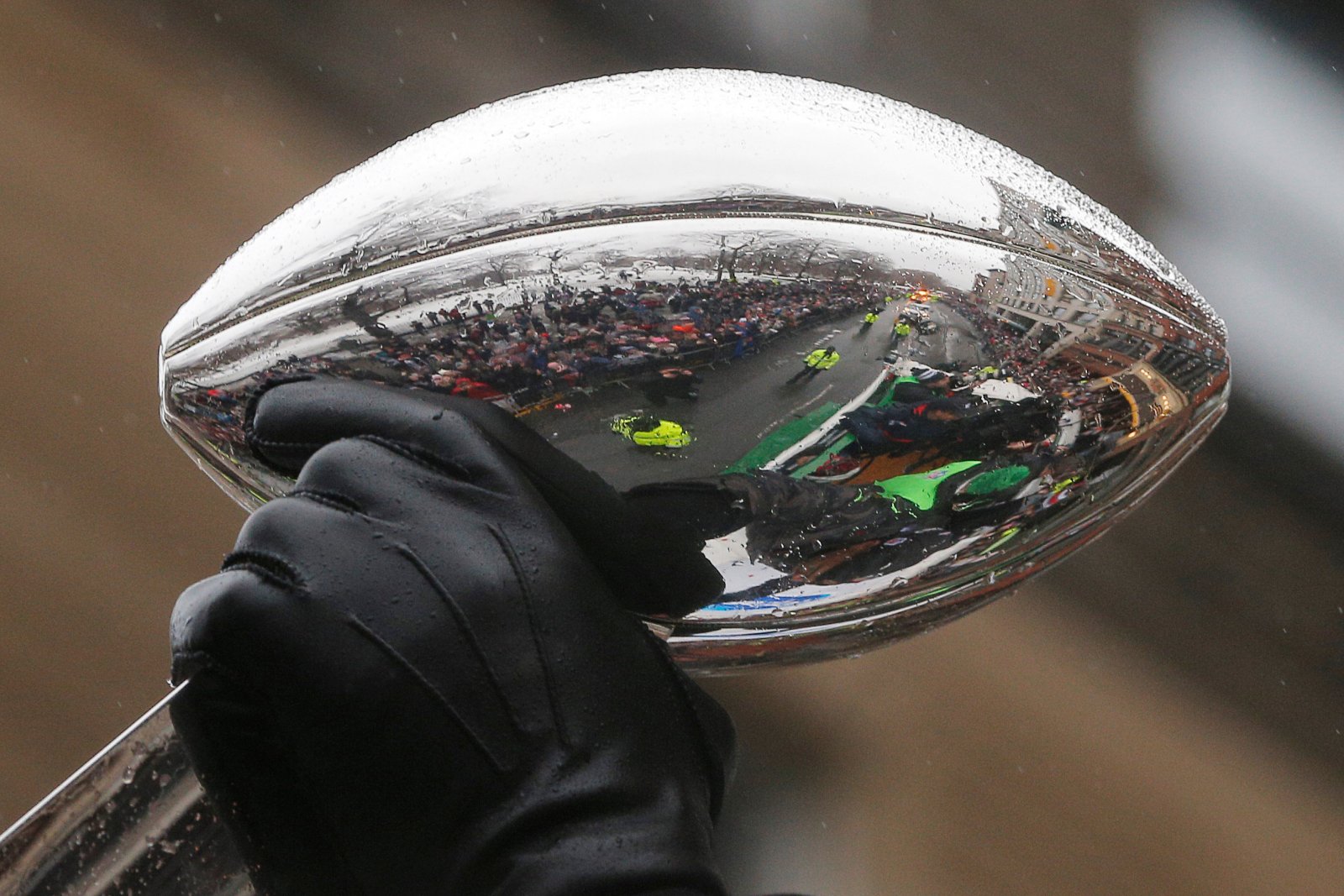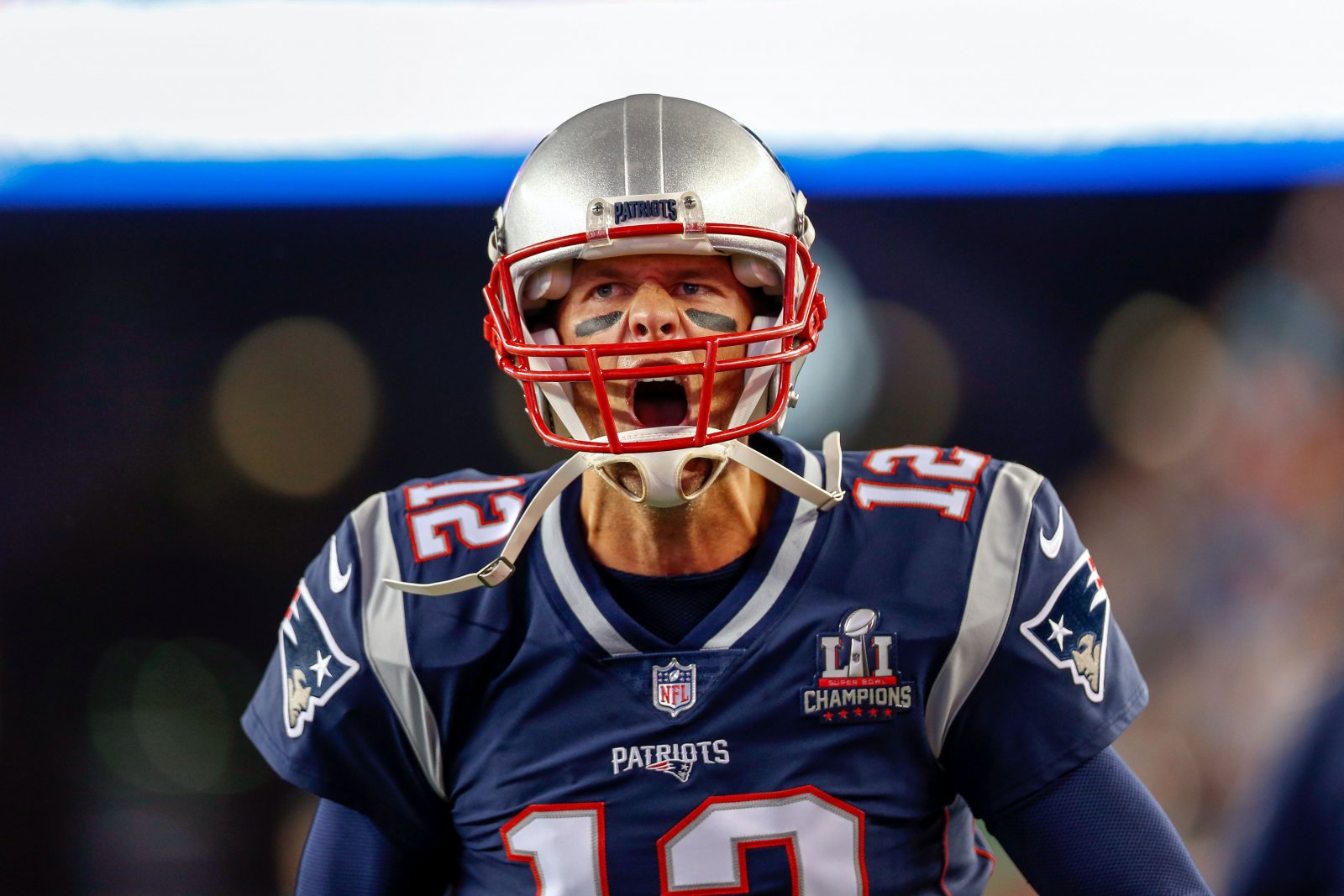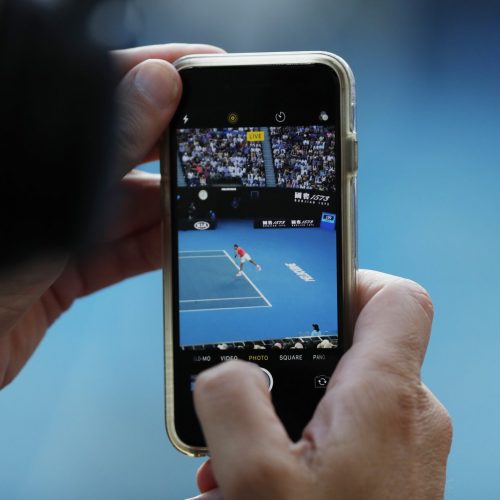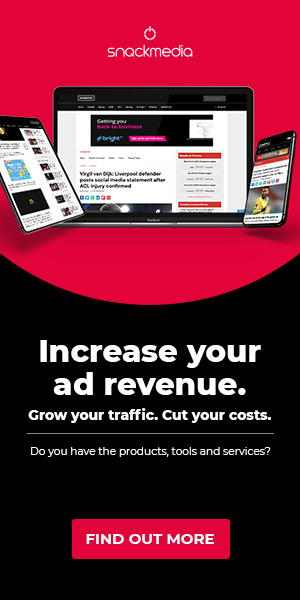Interview: NFL Game Pass – A Game Changer in the future of digital sports broadcasting?
The NFL is back. The first game of the regular season ended in a shock defeat for Super Bowl champions the New England Patriots at the hands of the unfancied Kansas City Chiefs. From a commercial perspective, it’s probably the most interesting thing that could have happened.
This week has also been the big kick-off for the NFL’s Game Pass, an OTT streaming service rolled out across Europe and offering fans access to every game live and then afterwards, on-demand.
The service is integrated across all devices, on web and via streaming devices like Chromecast and Apple TV as well as on Xbox, with Playstation and Amazon Fire TV apps to launch this month, too. It is licensed by OverTier, a joint venture between Bruin Sports Capital and WPP, in partnership with the NFL, and offers fans the chance to immerse themselves into all aspects of the experience of the sport: from rewinding and replaying matches to coach’s films with tactical insights and on-demand films and chat shows.
After the launch of the media briefing, we sat down with Sam Jones, CEO of OverTier, and the man overseeing the success of Game Pass throughout Europe. His background isn’t simply in sport. Over the years, Jones has worked in the music and entertainment industries, and even just the very fact of being in those environments for the huge changes the digital world has affected on those industries is important.
“There are a lot of good learnings from the music industry for the sports industry, in streaming and social and always-on,” he tells me. “I’m always keen that we at OverTier look to take learnings from other areas where appropriate.”
One learning is visible straight away in the Game Pass. Sport’s big draw has often been identified as its ability to ensure that its fans would always make a so-called ‘appointment to view’, something that no other industry has been able to keep with such regularity as sport. And yet, alongside having every game live and on multiple devices, one of the Game Pass’s biggest features is the ‘Game in 40’ section – essentially a condensed version of the game which gets rid of the pauses and breaks in play and brings the user only the pure action. The idea is that it can be downloaded and watched on the morning commute.
That seems to go against the appointment to view idea. Viewers can still watch live, but they’re also given the opportunity to catch up, with a spoiler filter even factored into the framework.
It’s also something that makes it much easier for a European audience to follow their team. In a way, this is a quirk of the sport’s structure. American Football is about plays and moments, and that lends itself quite well to being distilled in such a way. But is it also a quirk of the time zone differences that make this seem perfect for European fans, who can wake up the morning after a late game, download the shortened version, and then watch on their commute?
“I think it’s actually something bigger and more meaningful,” Jones says. “It’s not just time zone linked, I think it applies to every sport, really. You don’t have to be in the stadium to watch the game anymore, you don’t have to carry around a television with you wherever you go, and you don’t have to be in the country where the sport is played.”
“How ‘appointment to view’ interacts with on-demand and linear is changing in every entertainment form and sport is no different.”
That’s quite an interesting thought. At a time when social media platforms and other Video On Demand services are buying up the rights to live sport on a massive scale simply because it’s live, this goes in a different direction.
Jones talks of “opening up the doors and windows and letting all the light in in terms of what’s possible for sport, and throwing off some of the shackles of the traditional linear experience.” That certainly is much deeper than creating a condensed package for fans that goes beyond highlights, it’s the ability to watch the entire game exactly when you want to watch it.
“You need to be able to jump into a game when you’re ready, not when the game is ready. So that’s an interesting change in sporting behaviour, and we facilitate that.”
“I think all of that enriches sport, and means more people can watch more sport in more places. It’s bigger than time zones, it’s bigger than NFL. We recognise that, that’s why we’re so excited at being at the forefront of that, because here we are, at the NFL, in a sport that has huge number of live games, often on any one given day, and across a huge variety of timezones, and we’ve got them all in one product. So we’re kind of at the epicentre of what’s going to happen in a lot of other sports. We find that really exciting.”
One theme which comes up time and again when talking about growing the NFL in Europe is promoting the experience of something that is more than just a game. Perhaps the biggest draw of watching a sport whose culture is rooted in a different continent is the romantic notion of being able to immerse yourself in an exotic experience.
But part of the experience is the culture itself. When you watch a sport, you do more than watch games in isolation. You buy into storylines, you understand why a particular game is bigger when it’s between rivals. You also consume content around the sport itself, looking for opinions and insight, or even documentary films, history and trivia.
That emotional connection with a sport is something that some of the European audience might lack when they come to the sport, especially if they’re only finding it now. Do they know the history and the rivalries? Can they evoke memories of glorious triumphs and heartbreaking failures of years gone by?
Included in the Game Pass is access to Super Bowl archive footage, documentaries about the game such as Hard Knocks and A Football Life. I ask if this is something which will help the sport to penetrate further, bringing new fans closer to their teams.
“Well, the NFL is not lacking in any emotion!” Jones points out. “We don’t need to create lots of emotion for the NFL, it’s more than just a sport: it’s an experience and a culture. And so we’re blessed, really in that this is the sport we’re working with.”
“What we do need to do is make sure that they’re able to experience the emotion of the sport and the NFL in a way that’s relevant to them. We do a lot of work on that, and we also have an opportunity to develop the social element of NFL and the experience in Europe. I think we need to enable all of these things to the fans, but I don’t think we need to create them, because the NFL does a great job of creating the emotion for us.”
“We recognise there are numerous outlets creating great content around the NFL, podcasts, social content, broadcast content. We’re really keen to embrace that and enhance it. What that means for us is, how do we increasingly act as the hub and the focal point for your NFL fandom and your NFL experience? It’s more about embracing that for us, than actually creating it.”
Growing that fanbase is beyond the scope of the Game Pass itself, of course. Any platform allowing fans to watch every game live and on-demand is clearly aimed at existing fans, but it’s still something they’re thinking deeply about. Tentative or NFL-curious users can sign up for a week’s free trial to test the service out, and there are two different price points offering different features, one for those who want everything, and a cheaper version for those who may not want to watch all of the games.
“Having different product types available in the market for fundamentally different types of NFL fans is really important to us. We’re already thinking about how we can facilitate and bring people in so that it’s inclusive, and everyone’s invited, and we’ll continue to do that. How we broaden the church of NFL fans is a mix of making sure we have the most relevant and suitable product in the market for them, and also being really smart and localised and relevant with our marketing.”
NFL is a growing sport in Europe. It’s benefitting greatly from digital media and the ability to gain fans who can watch every single game, following it as closely as its traditional American audience or as loosely as they like on highlights shows and on social media. But the functionality of the Game Pass, and how it caters to all of these different types of fans in Europe shows how far ahead of the game the sport is when it comes to offering a flexibility of fandom unique to the digital age.
Received wisdom would point to the fact that games can often happen at awkward times for fans in the UK and claim that NFL is an awkward watch. But the opposite might be true, lending the sport a more romantic appeal with the help of digital media.
“Technology is there now to move beyond those traditional constraints,” Jones tells me. “And time zones also bring with them their own benefits for the experience. Time zone is less and less of a hindrance and a lot of the work we’ve done is to actually take away some of the friction of the time zone.”
Sam Jones, CEO of OverTier, was speaking at the European launch of NFL Game Pass, the new OTT subscription service operated by OverTier. To find out more, visit: nflgamepass.com
About author
You might also like
The NFL renews advertising partnership with Snack Media
The NFL and Snack Media have renewed their advertising partnership on the official NFL website in the UK and Ireland. Beginning in 2013 in the UK only, the relationship has
The seven essentials for achieving successful sports branding
By Daniela McVicker When it comes to sports, great branding is a must. Your brand influences how people see your company or team. It helps you to forge connections with
Live Chat: A New Social Experience in Sports
Article written by John S. Kim, CEO and co-founder of global API company SendBird Social media rose to prominence throughout the world due to its potential for connection. Social channels provided the











